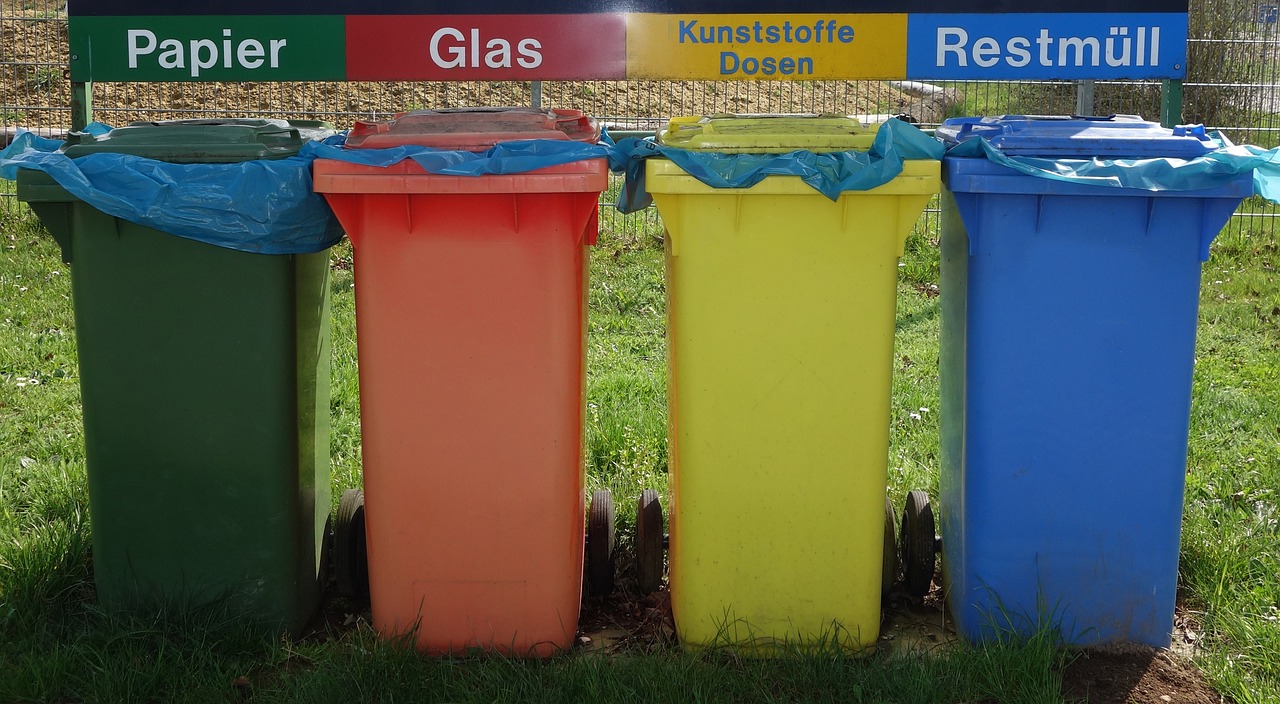How to Find Truly Sustainable Hotels (Not Greenwashing)
Sustainable travel insights and guidance
In an era where "eco-friendly" has become a marketing buzzword, distinguishing between genuinely sustainable hotels and greenwashing can be challenging. This comprehensive guide will help you identify truly responsible accommodations that walk the walk, not just talk the talk.
 Waste Reduction
Waste Reduction🌿 Understanding Greenwashing in Hospitality
Greenwashing occurs when hotels make false or misleading environmental claims to attract eco-conscious travelers. Common tactics include:
🚩 Red Flags to Watch For:
- Vague Claims: "Eco-friendly" or "green" without specific details
- Single Initiatives: Highlighting one green practice while ignoring other impacts
- Unverified Certifications: Self-created or unrecognized "green" badges
- Outdated Information: Environmental claims that haven't been updated in years
- Hidden Practices: Green marketing while maintaining unsustainable operations
🏆 Recognized Sustainability Certifications
Look for these internationally recognized certifications that require rigorous auditing and ongoing compliance:
🌍 Green Key
Scope: Global environmental certification for hotels and restaurants
Requirements: Environmental management, staff training, guest information, water and energy conservation, waste management
Verification: Annual audits and surprise inspections
🌿 LEED (Leadership in Energy and Environmental Design)
Scope: Building design and construction standards
Requirements: Energy efficiency, water conservation, sustainable materials, indoor air quality
Verification: Third-party verification of building performance
🌱 EarthCheck
Scope: Comprehensive sustainability benchmarking
Requirements: Environmental, social, and economic performance standards
Verification: Annual benchmarking and certification audits
🌊 Green Globe
Scope: Sustainable tourism certification
Requirements: Environmental management, social responsibility, cultural heritage protection
Verification: Annual on-site audits
🏔️ BREEAM (Building Research Establishment Environmental Assessment Method)
Scope: Building sustainability assessment (primarily UK/Europe)
Requirements: Energy, water, materials, waste, pollution, transport, health and wellbeing
Verification: Licensed assessors and independent verification
🌿 ISO 14001
Scope: Environmental management systems
Requirements: Systematic approach to environmental management
Verification: Annual audits by certified bodies
🔍 What to Look for in Truly Sustainable Hotels
📋 Essential Sustainability Indicators:
- Energy Efficiency: Renewable energy sources, LED lighting, smart thermostats
- Water Conservation: Low-flow fixtures, greywater recycling, rainwater harvesting
- Waste Management: Comprehensive recycling, composting, zero-waste initiatives
- Local Sourcing: Local food, materials, and services within reasonable distance
- Community Engagement: Local employment, community partnerships, cultural preservation
- Biodiversity Protection: Native landscaping, wildlife conservation, habitat protection
- Transparency: Public sustainability reports, measurable goals, third-party verification
 Sustainability
Sustainability🔬 How to Research Hotel Sustainability
1. Check Official Websites
Look for dedicated sustainability pages with:
- Detailed environmental policies
- Annual sustainability reports
- Specific metrics and goals
- Third-party certifications
- Community impact statements
2. Verify Certifications
Cross-check certifications on official certification body websites:
- Green Key: www.green-key.org
- EarthCheck: www.earthcheck.org
- Green Globe: www.greenglobe.com
3. Read Reviews and Testimonials
Look for guest reviews that mention:
- Specific environmental practices observed
- Local community interactions
- Waste reduction initiatives
- Energy and water conservation measures
4. Contact the Hotel Directly
Ask specific questions about:
- Energy sources and efficiency measures
- Water conservation practices
- Waste management programs
- Local sourcing policies
- Community engagement initiatives
📊 Key Questions to Ask Hotels
🚨 Warning Signs of Greenwashing
🌍 Regional Considerations
Europe
Look for BREEAM, Green Key, and EU Ecolabel certifications. European hotels often have strong renewable energy programs and comprehensive waste management systems.
North America
LEED certification is common, along with Energy Star ratings. Look for hotels with comprehensive recycling programs and local sourcing initiatives.
Asia-Pacific
EarthCheck and Green Globe certifications are prevalent. Many hotels focus on water conservation and community engagement programs.
Developing Regions
Look for hotels that work with local communities, use local materials, and provide employment opportunities while protecting natural resources.
📱 Useful Tools and Resources
Certification Databases
- Green Key Global: Search certified properties worldwide
- EarthCheck: Find certified sustainable tourism businesses
- LEED Project Database: Search LEED-certified buildings
Booking Platforms
- BookDifferent: Carbon footprint calculator for accommodations
- EcoHotels: Curated selection of verified eco-friendly properties
- Green Pearls: Sustainable luxury travel platform
Research Tools
- Hotel Sustainability Benchmarking: Compare environmental performance
- Local Tourism Boards: Often maintain lists of certified sustainable properties
- Environmental NGOs: Many publish guides to sustainable accommodations
🎯 Making Your Final Decision
When choosing a sustainable hotel, consider the following hierarchy:
- Third-party certification from recognized bodies
- Transparent reporting with measurable goals and metrics
- Local community engagement and economic benefits
- Environmental impact reduction across all operations
- Guest education and engagement in sustainability
🌱 The Bottom Line
Finding truly sustainable hotels requires research, skepticism, and a willingness to ask tough questions. By focusing on verified certifications, transparent reporting, and measurable environmental impact, you can avoid greenwashing and support hotels that are genuinely committed to sustainability.
Remember that sustainability is a journey, not a destination. The best hotels are those that continuously improve their environmental performance and are transparent about both their successes and challenges. Your choice to stay at genuinely sustainable hotels sends a powerful message to the hospitality industry about the importance of authentic environmental responsibility.